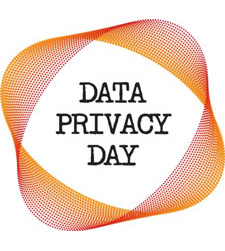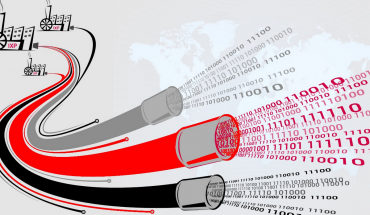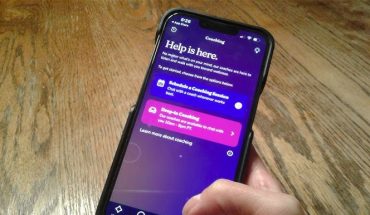Data Privacy Day is next week, and as important as it is, having a day that commemorates privacy is like having a day to acknowledge the Great Pumpkin or the fact that Santa is coming!
It’s a children’s fantasy, a moment of feel-good make-believe.

Data privacy and protection is about each one of us having something to protect, and that something is the safety and usability and future of the Internet. A number of events and activities are planned on and around January 28 in order to raise awareness about the need for data privacy and protection and to provide handy tips to do so.
Data Privacy Day was first held in 2007, with organizers planning to “empower and educate people to protect their privacy and control their digital footprint.” January 28 is now recognized internationally as DPD.
But after a decade of DPDs, data seems remarkably unprotected. Well over two billion data records were stolen in a series of publicized attacks in 2016 (perhaps as many as one billion in the Yahoo hack alone).
Shockingly, the Yahoo hack took place in at least two separate instances, at separate times, the first as long as three years ago. In an announcement following (what appears to be) the latest hack, the company said it “has not been able to identify the intrusion associated with this theft.”
The methodology behind such intrusions may not be identifiable, but surely the motivation is.
Our data has value.
Lots of folks say they are not worried about online safety and data privacy: ‘I’ve got nothing to hide’, they say.
Privacy advocates reply, ‘It’s not about hiding; it’s about protecting: protecting your name, address, charge card number, vacation plans, medical history, physical whereabouts, daughter’s school records, personal bank accounts, connected devices and more.’
It seems almost everyone is tracking our digital footsteps these days, from mobile marketers to search engine operators, from corporate communicators to commercial retailers, from government agencies to telecommunications operators. Our data is being collected, stored, analyzed, cross-referenced and re-purposed, often without our knowledge and often by entities unknown to us, be they malevolent or not.
Data privacy and protection advocates want you to observe the best practices online, not because they think you have something to hide, but because your data has value.
And of course the Internet as an entity unto itself has great value, yet a lack of data protection and less than adequate data privacy is causing serious disruption to the Internet, and all the valuable connections it enables in our social, political and economic activities.
When someone else’s gadget (poorly protected with a weak password) can stop you from accessing your favourite website (because hacked gadgets are being used to stage a denial of service attack), data privacy is surely not about having nothing to hide.
Data privacy and protection is about each one of us having something to protect, and that something is the future of the Internet. All users have a stake in it, and all should want it to be a trustworthy and reliable place to go.
So a number of one-off events and activities are planned on and around January 28 in order to raise awareness about the need for data privacy and protection and to provide handy tips to do so.
The Office of the Privacy Commissioner of Canada is staging public discussions and providing tips about privacy and the risks that may result from the proliferation of personal information online, pointing out that many of today’s online business models (used by retail outlets, social media networks and streaming music services) depend on our willingness to trade personal information (data usage, personal contacts, social interests, last surfing experiences, even body functions and metabolism rates) for apparent benefits or access to services.
The Information and Privacy Commissioner of Ontario is hosting a day-long privacy event called Government and Big Data: Privacy Risks and Solutions in advance of DPD.
The U.S.-based National Cyber Security Alliance (NCSA) will officially recognize Data Privacy Day with its day-long event to be streamed live from Twitter’s headquarters in California on January 26.
As valuable, informative and necessary as such events and activities are, an overall commitment to data privacy and protection still comes up short, what with reports that as much as 80 per cent of cyber-crime goes unreported.
Informing people about the to protect their privacy and control their digital footprint is a laudable activity, but more is clearly needed if we are to maintain an online environment worth and deserved of our trust, our confidence–and our data!

When someone else’s gadget (poorly protected with a weak password) can stop you from accessing your favourite website (because hacked gadgets are being used to stage a denial of service attack), data privacy is surely not about having nothing to hide. Data privacy and protection is about each one of us having something to protect, and that something is the safety and usability and future of the Internet.
# # #
Personal_Information_Is_Like_Money_Infographic_DPD_2017



